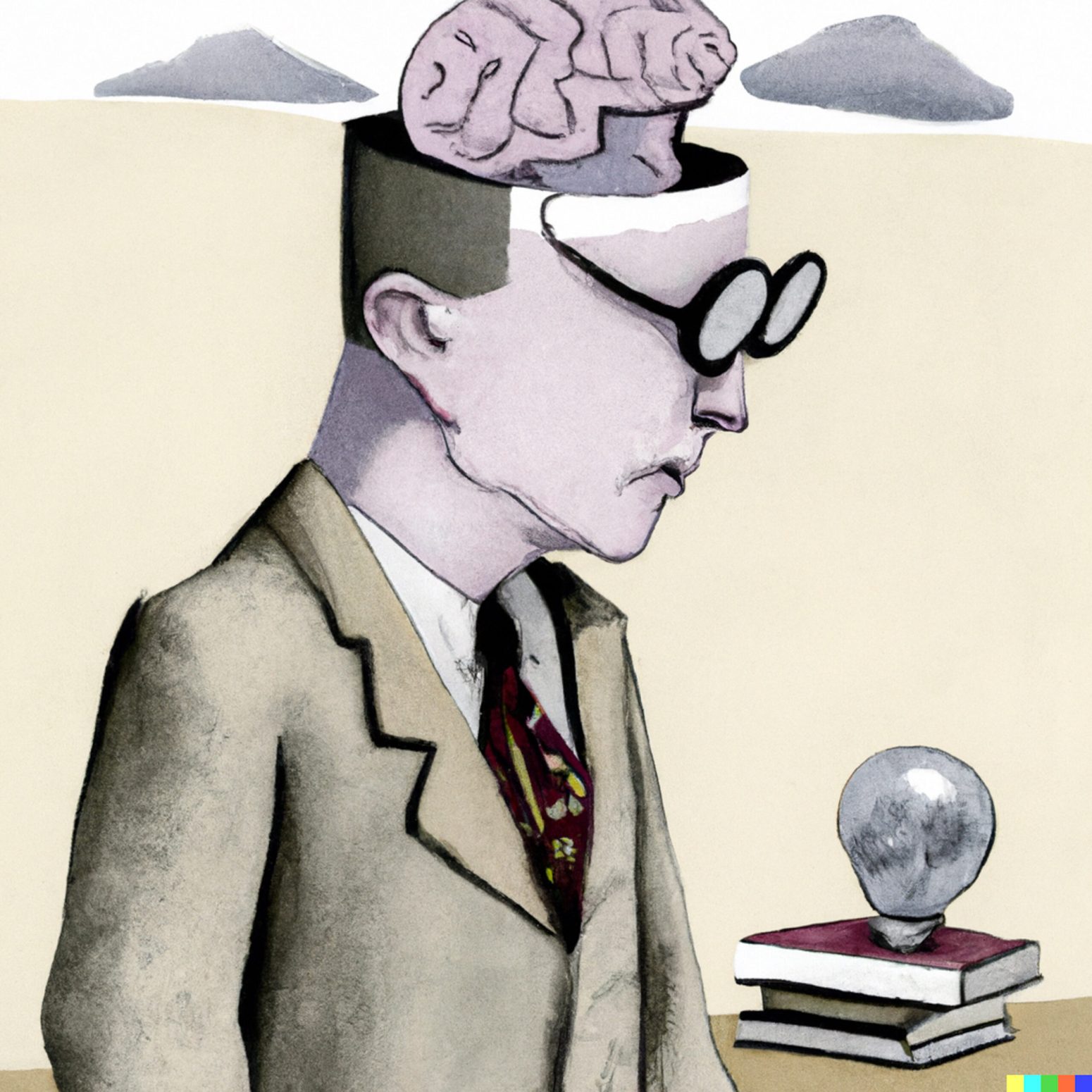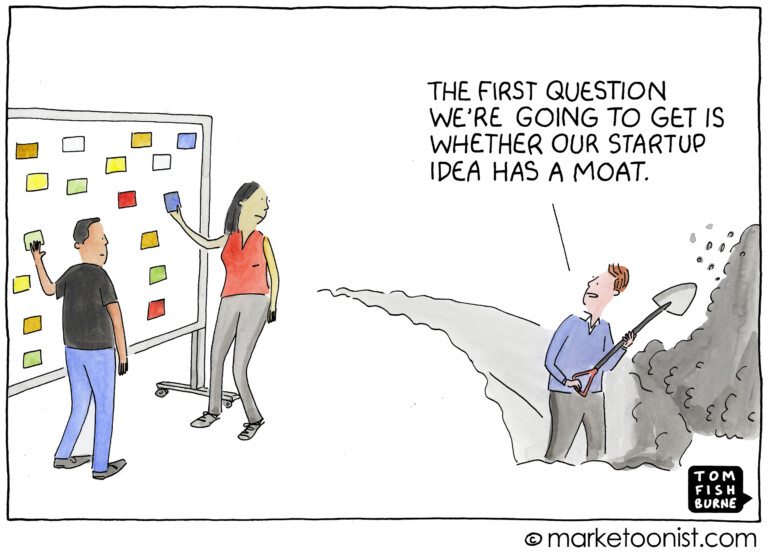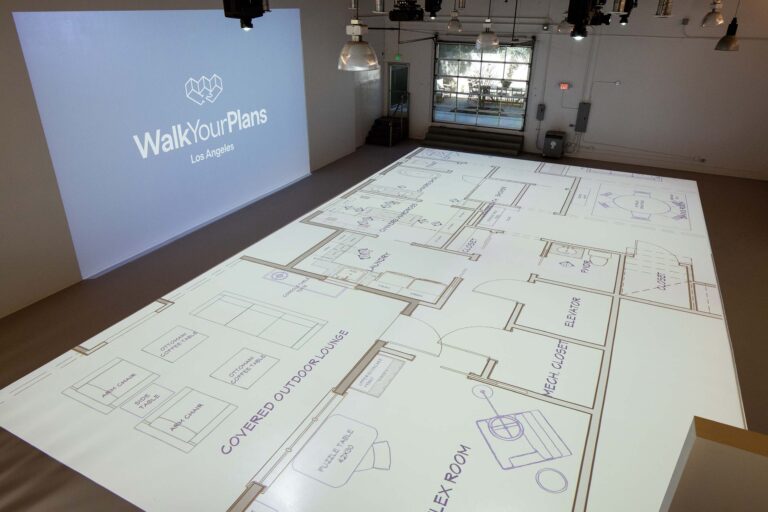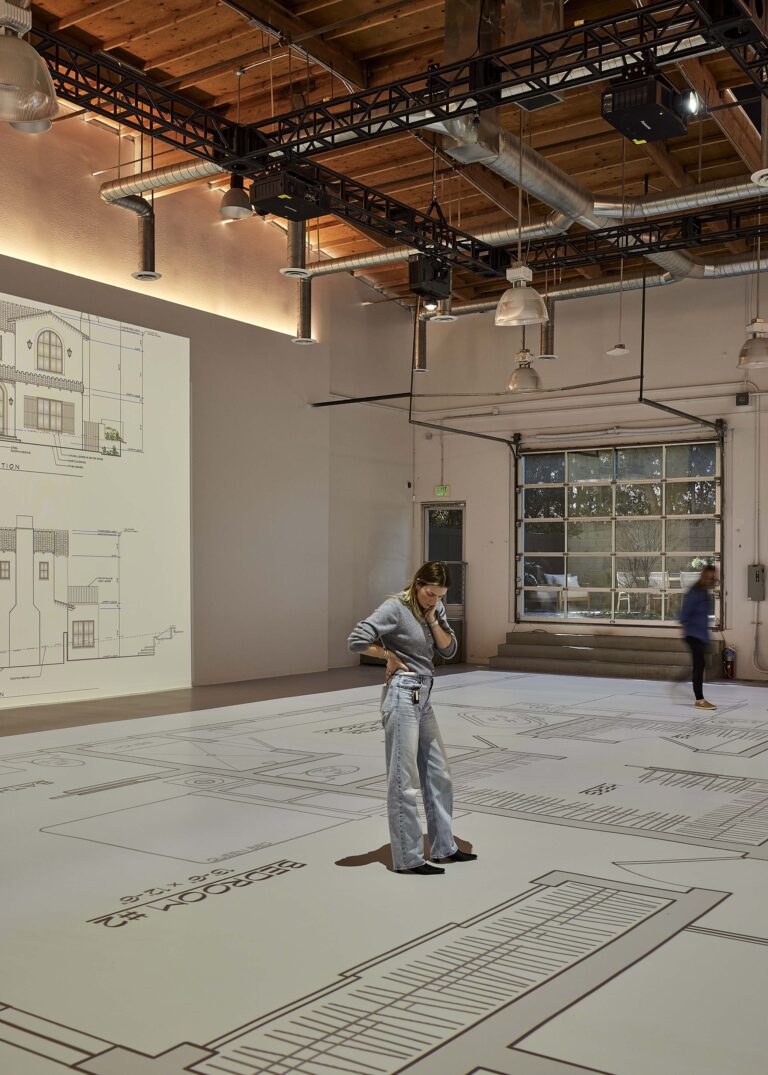The Impact of Open AI and ChatGPT on Human Intelligence
How’s that for a headline to kick off the New Year?
This year, 2023, will be one for the history books, for more than a few reasons I’m afraid.
But my biggest fear of them all?…
… the humanity-shattering arrival of advanced artificial intelligence (A.I.)
While nothing new, in fact, A.I. has been around for at least 60 years in some form or fashion – the paradigm has dramatically shifted in the last couple of months.
If you’ve been paying attention lately, (I know, it’s hard to do these days – and costly when you do,) you’ve no doubt heard about the OpenAI / ChatGPT phenomenon.
If by chance you have not heard of OpenAI – please stop reading this and Google them now!
You’ll find that this maker of ChatGPT was founded in 2015 by a bunch of today’s “who’s who” smarty-pants, you’ll recognize Elon Musk and Microsoft just to name a few.
While it started as a non-profit (now, for-profit) artificial intelligence research company, its newly unveiled ChatGPT A.I. software has taken the world by storm of late.
In fact, the company had over one million users in its first few days on the market and is already valued at over $29 billion!
If you check out the “about” section of OpenAI’s website, you’ll discover the company’s mission statement, which reads:
OpenAI is an AI research and deployment company. Our mission is to ensure that artificial general intelligence (AGI) – by which we mean highly autonomous systems that outperform humans at most economically valuable work – benefits all of humanity.
We will attempt to directly build safe and beneficial AGI but will also consider our mission fulfilled if our work aids others to achieve this outcome.
Now, let that sink in for a moment.
But that’s just for starters – OpenAI has a new AI system called DALL-E2 that can create realistic images and art from a description in natural language.
For fun, I asked it to create “an illustration on the looming decline of Western intelligence” for this article, and below is what it came up with in about 30 seconds:
Is anyone getting nervous out there in creative land?
Usher In the Era of Artificial Expertise
Now, this is where things get really screwed up IMO.
You’ve heard me rant endlessly about the digital noise pollution that permeates our online ecosystem, but at least actual human beings were creating the digital trash themselves.
Now all bets are off.
In a matter of seconds, OpenAI can write 1000 words articles, essays, business plans, social media posts, reports, you name it – the sky is the limit.
The root of the “looming decline” stems from the fact that the A.I. is creating its content/language “intelligence” from the existing cesspool of online content that has been clogging our digital pipes for decades now.
Its “intelligence” based on “non-intelligence.”
Get it?
What puzzles me most is why humans are in such a hurry to replace themselves and/or render themselves worthless in the eyes of the coming “Master A.I. Race.”
Remember OpenAI’s mission…
”– by which we mean highly autonomous systems that outperform humans at most economically valuable work – benefits all of humanity.
How does “humans getting replaced” by “highly autonomous systems” actually “benefit all of humanity?”
For better or worse, we now live in a world where our children don’t need to really even learn to read, write, or comprehend anything – A.I. can do all of that for you.
Life as we now know it is just a “nice walk in the park” – just put on the virtual reality headset and live your dream in the coming metaverse!
O.K. I’ll admit, A.I. does and will have some benefit to humanity for sure, but it’s going to depend on how we choose to use it.
All technological breakthroughs open “pandora’s box” on some level, just look what happen when we learned how to split the atom.
But don’t worry, OpenAI’s vowed to
“…We will attempt to directly build safe and beneficial AGI but…”
I’ll choose to remain positive for now and find useful ways to incorporate this new “human contrived reason” into my life, but rest assured, I’ll keep my eyes wide open and pay close attention to any intelligence that comes my way.
May I suggest you do the same and continue in your unruly ways.
May the force be with you ~






